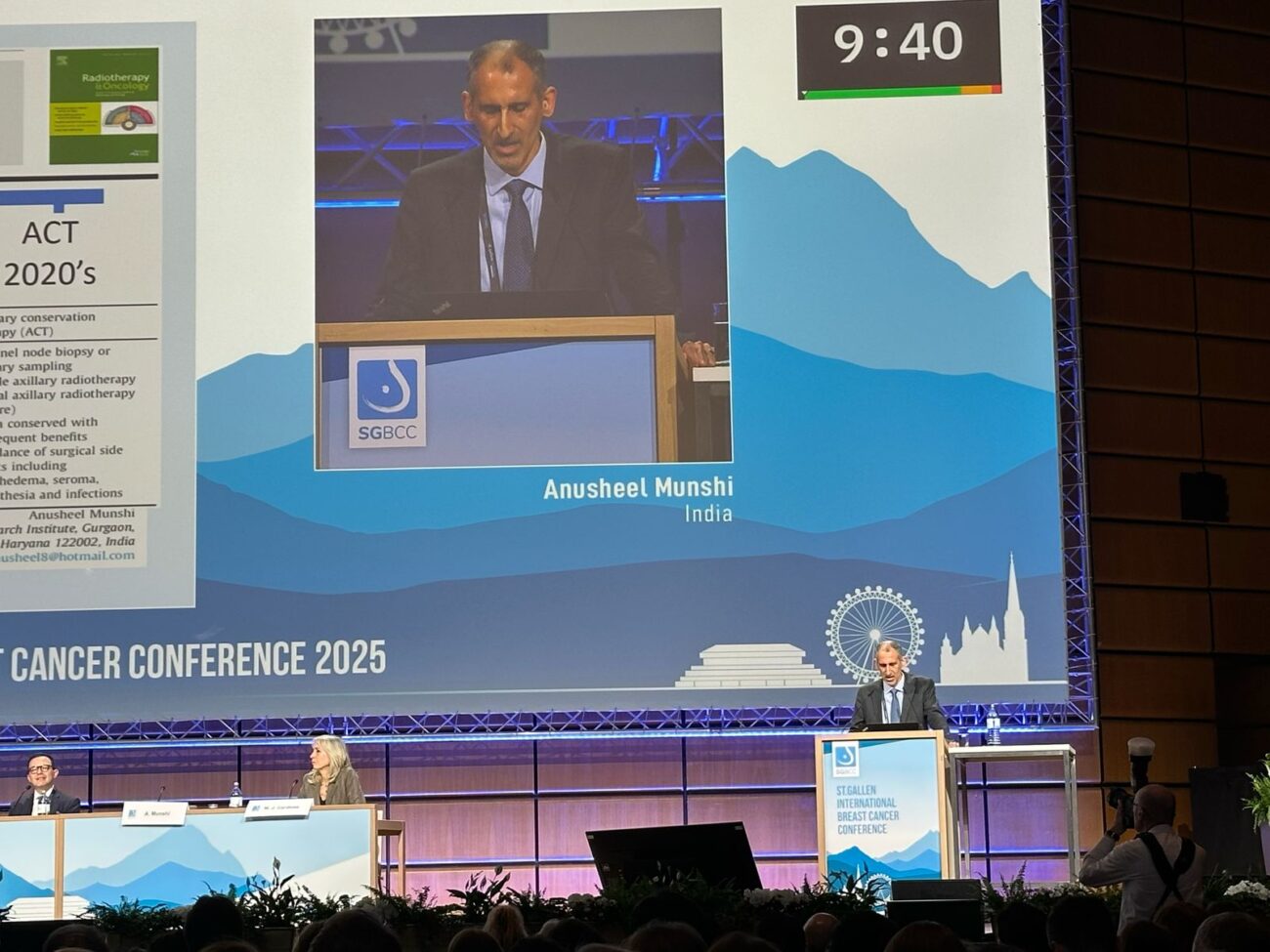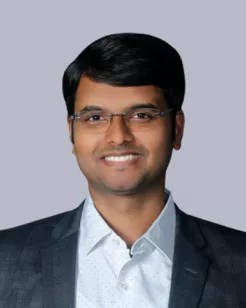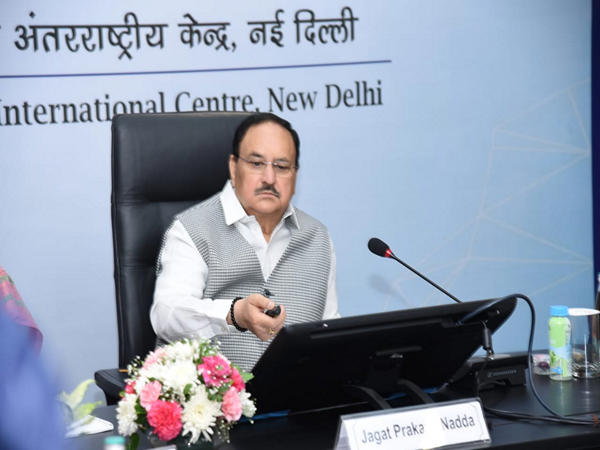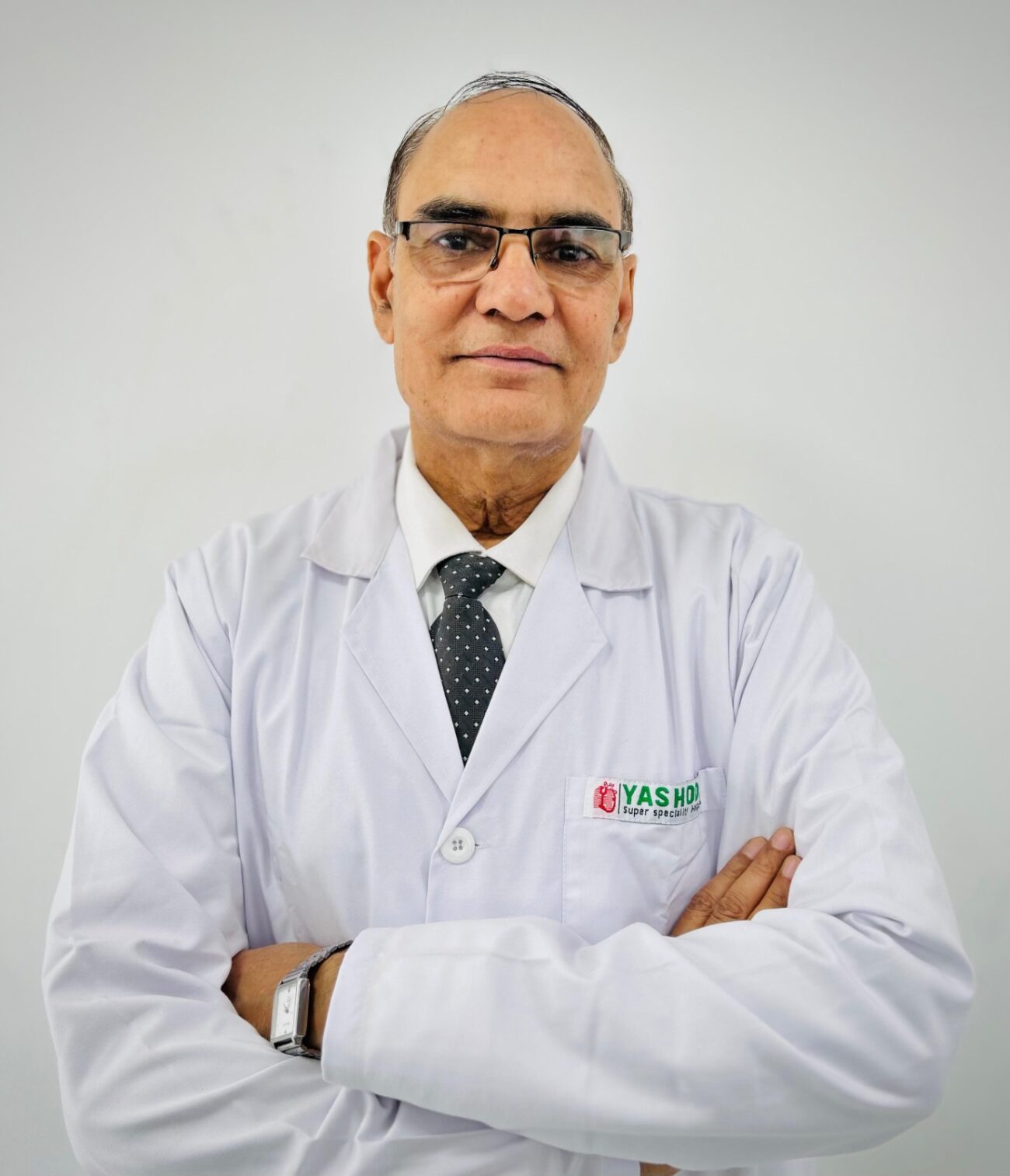Global Neuroscience Conference SIGN begins in Hyderabad Today
SIGN discusses medical innovations including Ultrasound Breakthrough in Tumor Treatment, AI and mini robots for brain surgeries The Society for Image Guided Neurointerventions (SIGN) is making waves in Hyderabad as it hosts its 4th Global Neuroscience
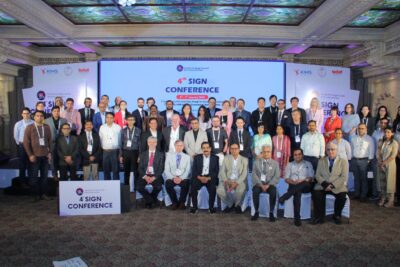
SIGN discusses medical innovations including Ultrasound Breakthrough in Tumor Treatment, AI and mini robots for brain surgeries
The Society for Image Guided Neurointerventions (SIGN) is making waves in Hyderabad as it hosts its 4th Global Neuroscience Conference, showcasing revolutionary neuro inventions poised to redefine the landscape of neurology and neurosurgery. This marks the first time the conference is held in India after successful editions in the US and Europe.
The 3-day International Conference, held at Ramoji Film City and KIMS Hospitals, brings together 125 neuro sciences experts from 12 nations to deliberate on cutting-edge advancements in the field. Dr. Manas Panigrahi, the Head of the Department of Neurosurgery at KIMS Hospitals and a renowned Neuro Surgeon, highlighted three groundbreaking inventions discussed at the conference:
Ultrasound Breakthrough in Tumor Treatment:
Groundbreaking development showcased at the conference involves the use of ultrasound in treating certain types of tumors. While ultrasound has been a staple in diagnostics, ongoing clinical trials suggest its potential to destroy tumors without the need for surgery. This approach, expected to be available within the next two to three years, could offer an alternative to surgery and mitigate some side effects associated with traditional treatments.
Dr. Manas elaborated on the significance of ultrasound in neuro treatments, emphasizing its potential to directly target brain tumors. This technique, originally used in gynecology and Parkinson’s disease treatment, is now being explored as a promising avenue for treating brain tumors.
AI-Powered Precision for Stroke Cases:
Artificial intelligence (AI) is set to play a pivotal role in enhancing treatment decisions for stroke patients. Recognizing the critical timeframe for stroke intervention, AI is being employed in MRI analysis to provide accurate information swiftly. This innovation not only aids in determining the extent of brain damage but also streamlines the decision-making process for doctors. By reducing the time required for MRI report interpretation, AI ensures that patients receive timely and precise treatment, potentially avoiding unnecessary surgeries.
Capsule Robots: A Future Paradigm in Neurosurgeries:
The highlight of the conference was the revelation of minute robots, approximately one centimeter in size, designed to eat tumors within the brain. Unlike traditional surgical methods, these capsule-sized robots are poised to transform neuro treatments by providing a less invasive alternative. The robots, currently in the laboratory testing stage, are anticipated to be a viable treatment option within the next 10 years, pending successful clinical trials.
Dr. Manas, emphasized the potential impact of this technology in eliminating brain tumors with minimal harm to surrounding healthy cells. The procedure involves a small incision, and the robot can precisely target and remove the entire tumor, akin to a sophisticated sewage clearance mechanism.
Dr. Bollineni Bhaskar Rao, MD, KIMS Hospital, said, “We are delighted to host SIGN in Hyderabad at a time when we are witnessing an unprecedented era in neuro sciences. The event holds immense promise potentially revolutionizing the landscape of neurosurgery. The application of ultrasound in treating brain tumors, the integration of Artificial Intelligence (AI) in stroke cases and the revelation of Capsule Robots, designed to eat brain tumors is truly paradigm- shifting.”
The conference, organized by Society for Image Guided Neurointerventions Conference, delved into vast scientific debates on future technologies in neurology. With 74 speakers from the US, China, Australia, and European countries, the event provided a platform for experts to share insights and discuss anticipated changes in the neurosciences field over the next few years.



